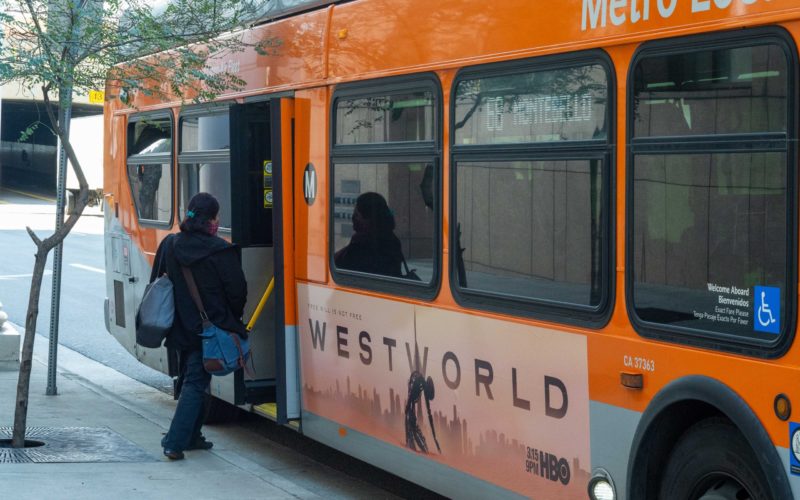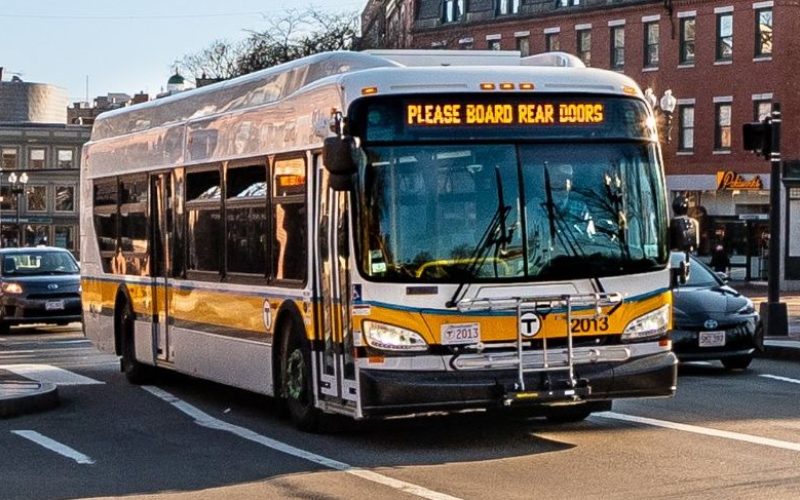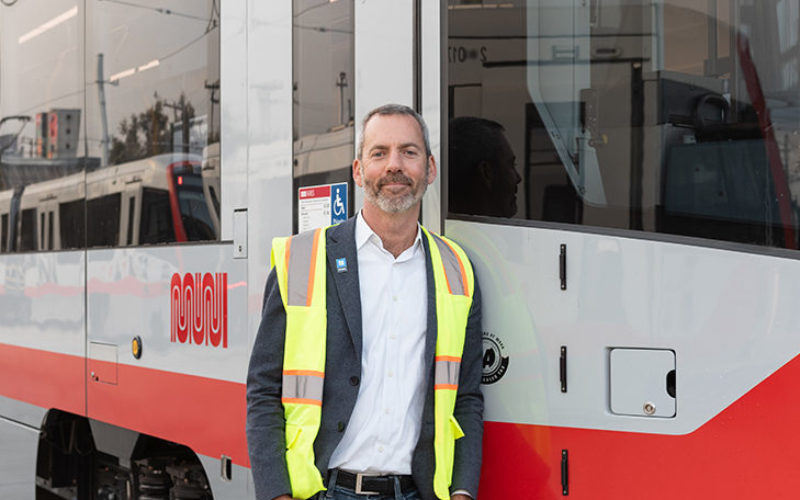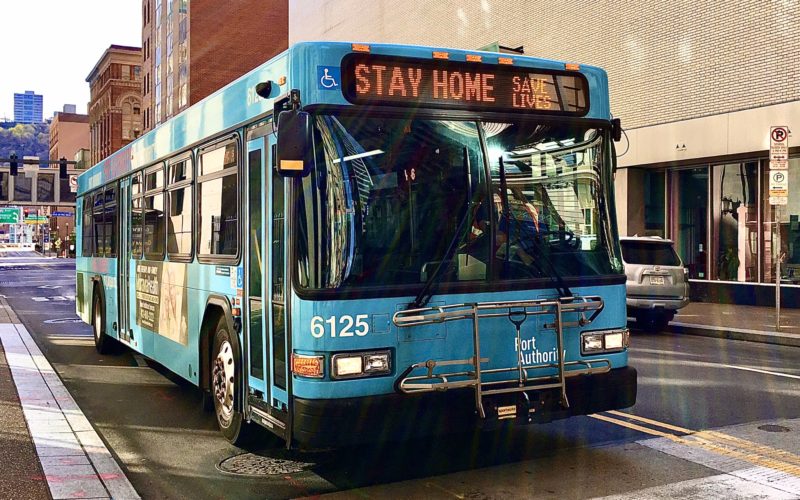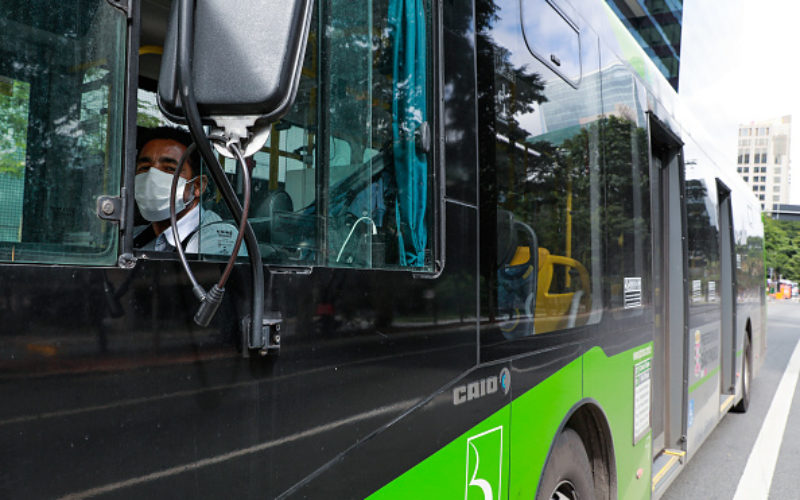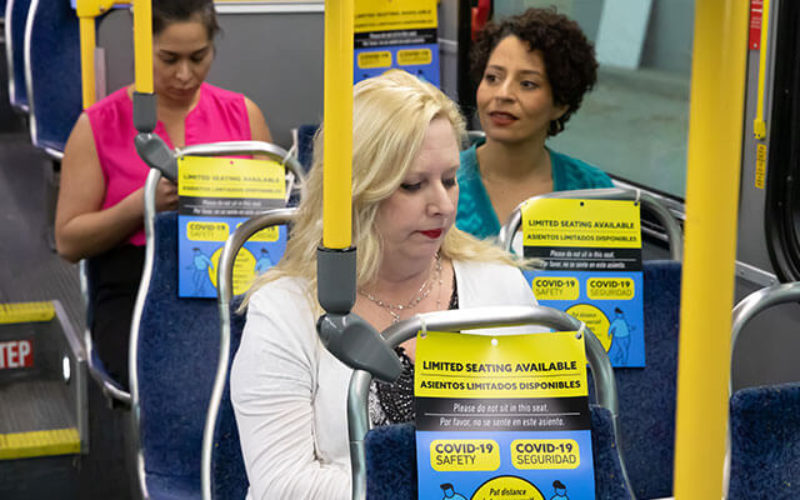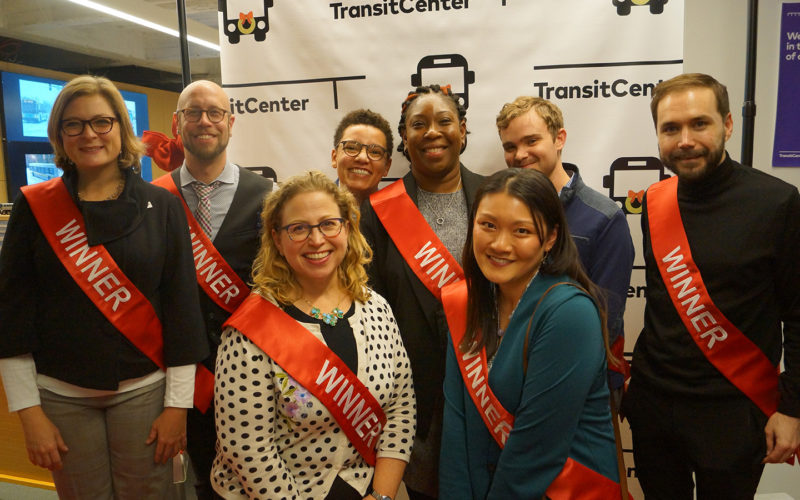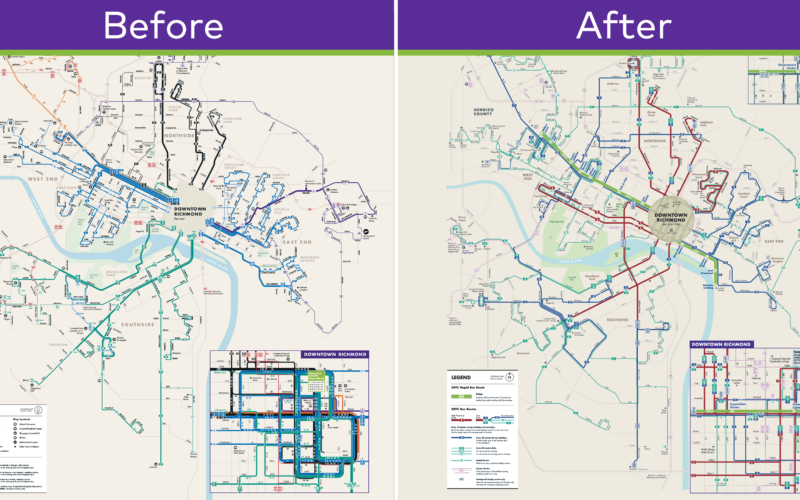Keeping bus service reliable and evenly spaced is important to riders in normal times. With the imperative to minimize crowding during the COVID-19 emergency, preventing bunching and gapping is even more urgent now.
Read MoreSo far, LA Metro has taken important steps to protect bus operators and plan for recovery, but the agency’s policy on fare enforcement has lacked transparency, and service allocation decisions have not aligned with the imperative to minimize crowding on board.
Read MoreTransit agencies can’t stop after switching to a weekend schedule. Further service adjustments are necessary to safely provide essential mobility.
Read MoreSFMTA has developed one of the most agile and forward-thinking responses to COVID-19 among U.S. transit agencies.
Read MorePittsburgh's transit agency, Port Authority, has demonstrated a remarkable degree of flexibility since the COVID19 crisis began.
Read MoreBus and train operators, maintenance workers, crews disinfecting vehicles, and the entire transit workforce are bravely moving millions of essential workers in the United States. Transit agencies and government officials handling the pandemic response must ensure that proper measures are in place to protect transit workers.
Read MoreThe COVID-19 pandemic presents a sudden, severe threat for transit agencies across the country. During this crisis, TransitCenter will be shifting our focus to the specific challenges posed by the virus.
Read MoreTransitCenter’s year-end awards, The Frequencies, recognize outstanding work by transit agencies and city governments to improve transit service. This is the first year of the awards, which recognize achievements in eight categories.
Read MoreIn Richmond, transit ridership has gone up by 17% following a bus network redesign and the debut of The Pulse, a center-running busway with all-day frequent service on the system's trunk route.
Read More
